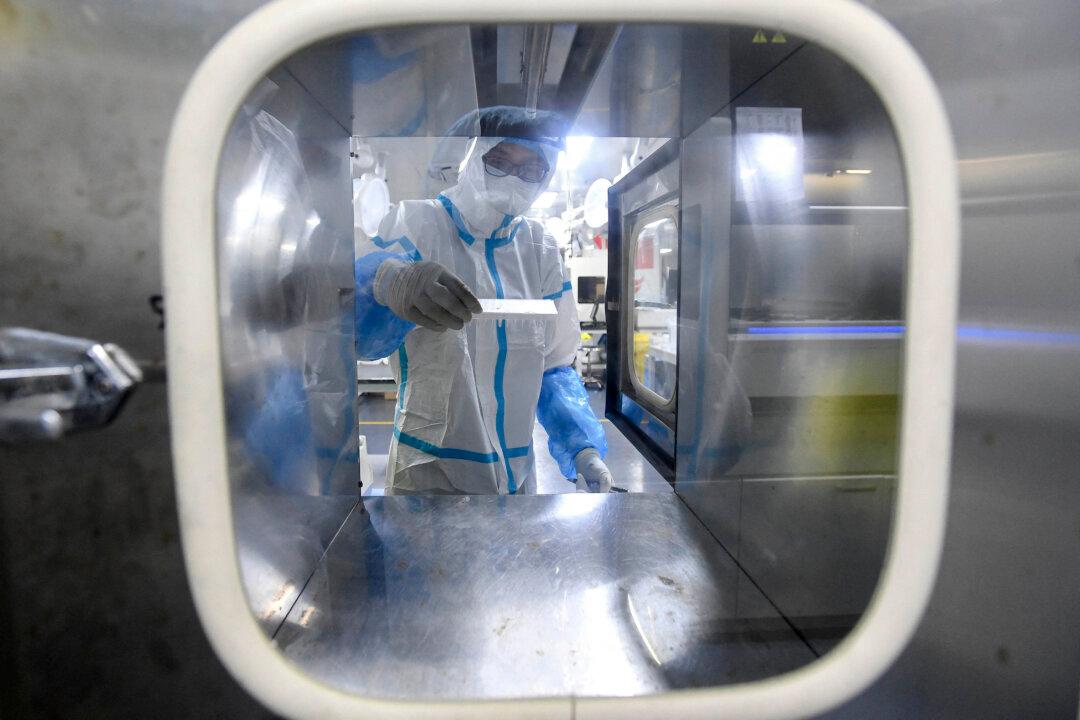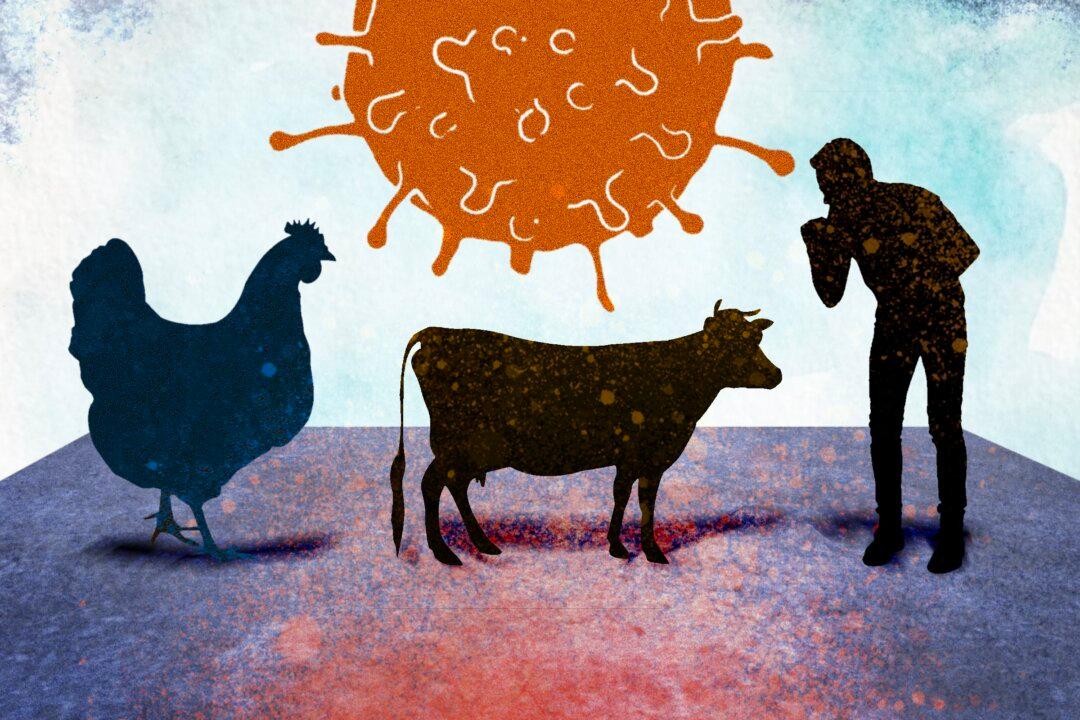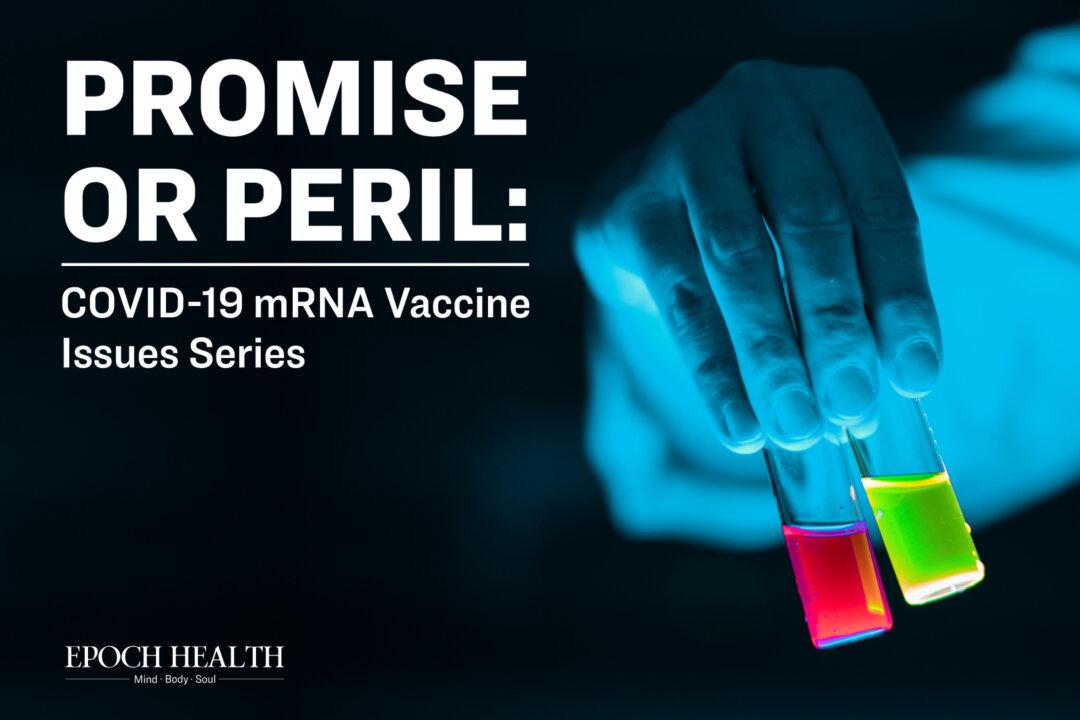After the fast spread of the pandemic of the coronavirus disease 2019 (COVID-19) from China to the Western world, several large pharmaceutical companies quickly invented and manufactured COVID-19 vaccines, which were then made available to the public through emergency use authorization (EUA). And in late 2020, people around the world started to receive these vaccines.
According to Our World in Data, to date, 67.9 percent of the world population has received at least one dose of a COVID-19 vaccine. While only 22.5 percent of people in low-income countries have received a dose of a COVID-19 vaccine, the vaccination rates of developed countries are generally high—typically around 80 percent. For instance, the COVID-19 vaccination rates of the G7 countries are: 79.19 percent in the United States, 86.96 percent in Canada, 80.92 percent in France, 77.66 percent in Germany, 85.82 percent in Italy, 83.60 percent in Japan, and 79.97 percent in the UK.






